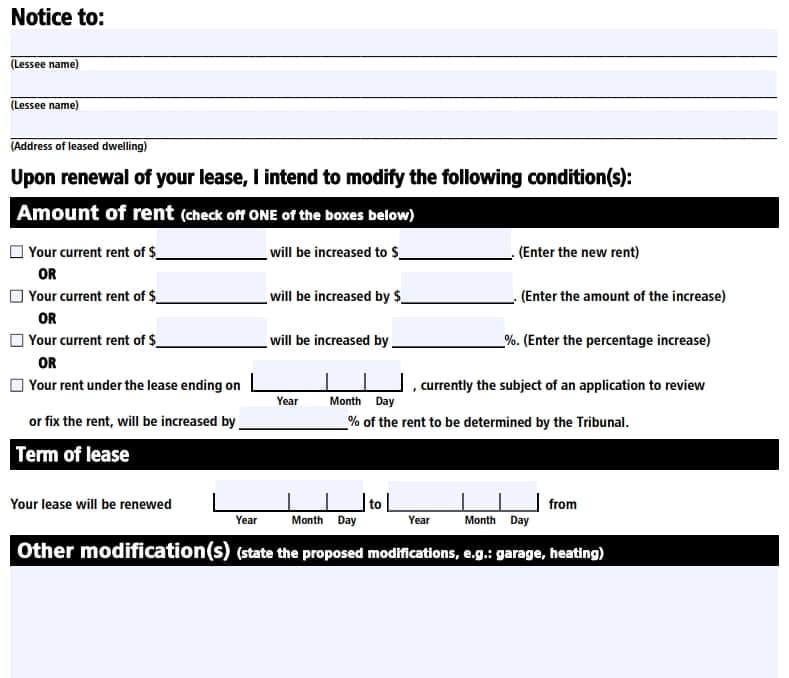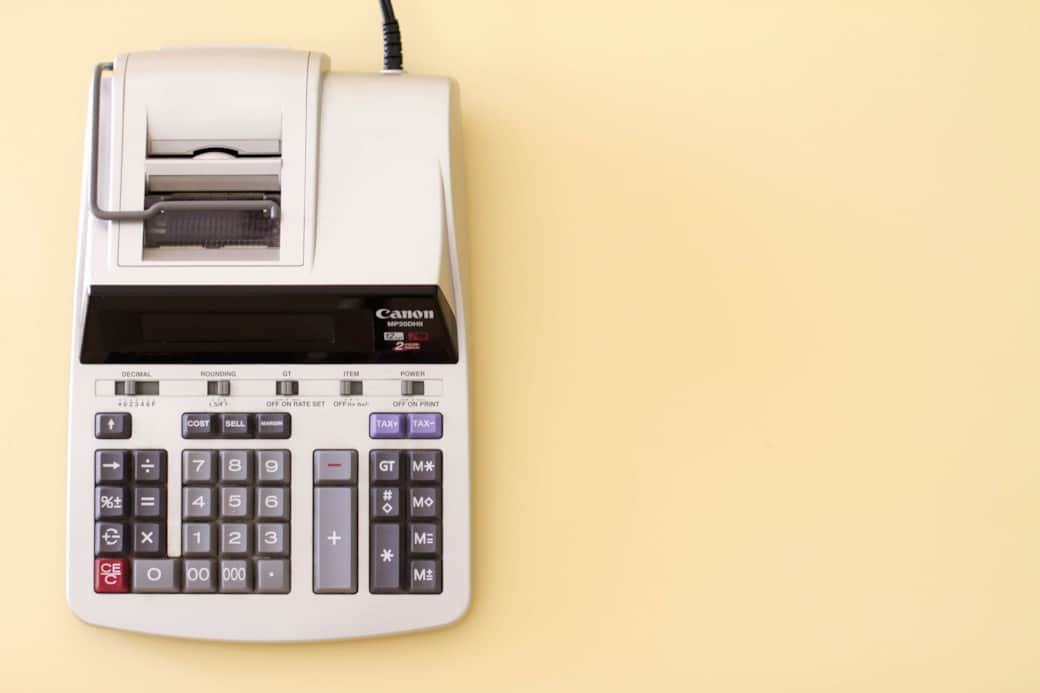Optimize your lease management
Don't let chance decide your renewals and increases. With Bénoline, you are supported at every step to secure your rental income. Contact Bénoline.

September 2025
Lease renewal is a decisive moment for both landlords and tenants. It's when the continuity of the tenancy and any potential rent increases are decided. These processes, governed by the Tribunal administratif du logement (TAL), require a strategic approach. This guide details the steps, official forms, and factors to consider for successful rental management in Montreal.
In Quebec, a fixed-term lease is automatically renewed at the end of its term unless one party objects. The conditions of the initial lease remain the same (rent, duration), unless you propose changes.
The tacit renewal of a lease is not always in your best interest. That's why the law allows you to send a notice of modification to propose changes. This notice is a landlord's tool to adjust the rent, but it can also be used for other purposes. The notice may include adding a new appendix, modifying the terms of the building rules, adding or removing services (e.g., a parking space), or even changing the lease term.
For your notice to be legal, you must respect strict deadlines, depending on the lease term:
Using the official TAL form (Notice of rent increase and modification of another condition of the lease - TAL_806) is the best way to ensure your process is compliant with the law. Here's how to fill it out precisely:

⚠️ Important Details: The form mentions specific situations, such as for new housing or if a rent-fixing application is pending. This information is crucial for the calculation.
To avoid abusive increases, the TAL provides a calculation tool to justify the increase based on objective criteria. It is highly recommended to use this tool. By sending a copy of the PDF result to your tenant with the renewal notice, you demonstrate transparency and reduce the risk of a dispute.
The TAL regulates increases to protect tenants. An unreasonable increase can be refused. Several factors influence a legal increase:

To estimate a reasonable rent increase, compare it with the market using these resources. However, it's important to remember that the TAL calculator (previous section) takes precedence for justifying a rent increase, even if your rent is well below the market rate.

Increasing rent is legitimate, but a balance is crucial to keep a stable tenant. A respectful relationship can reduce conflicts. Keeping a reliable, respectful tenant is often simpler and less expensive than finding a new one because:
Avoid excessive increases that might push a good tenant to leave. Propose moderate increases (e.g., aligned with the price index) and discuss them directly.

To ensure your notice is complete and professional, you should include:
The law requires the notice to be sent in writing. Historically, registered mail was the safest method to prove sending and receiving.
Once the tenant receives your notice, they have one month to respond. If they don't respond within this period, they are considered to have accepted the proposed changes.
The TAL's response form (TAL_810) offers three clear choices:

⚠️ There are exceptions where the tenant cannot refuse the increase:
👉 How Should the Tenant Send Their Response?
The tenant must respond in writing. They can do so by mail or email. For their own security and to avoid any misunderstanding, it's highly recommended that they get a written confirmation from you to prove you have received their notice.

If the tenant refuses your increase and remains in the dwelling, you have the right to ask the TAL to fix the rent.
Lease renewal is more than a simple formality: it's an opportunity to adjust the rent based on your actual costs and the market. By respecting deadlines and rules, you secure your relationship with the tenant and avoid conflicts.
👉 Also read:
1. Can the TAL refuse a rent increase?
Yes. The Tribunal can refuse the increase if it is not justified by actual expenses or if it is considered unreasonable. The tenant can then decide to leave or stay at the same rent.
2. How can I prove the receipt of the renewal notice?
The best proof is an acknowledgment of receipt or an email confirmation from the tenant. Sending it by registered mail with tracking is also a secure option.
3. Do the same notice and renewal rules apply if I want to repossess the dwelling to live in it or to house a relative?
No, the rules are different. For repossession, you do not propose a rent modification, but a notice of non-renewal for repossession. You must generally send this notice more than 6 months in advance unless otherwise agreed upon.
4. I just bought a building. Can I increase the current tenant's rent?
Yes, but the increase must follow the same rules as for other landlords. You must give notice within the deadlines and justify the increase based on expenses related to your purchase, such as new property taxes.
5. What happens if I forget to send the renewal notice?
If you miss the deadline, the lease is automatically renewed under the same conditions, with no rent increase. You will have to wait until the following year to propose any modifications.